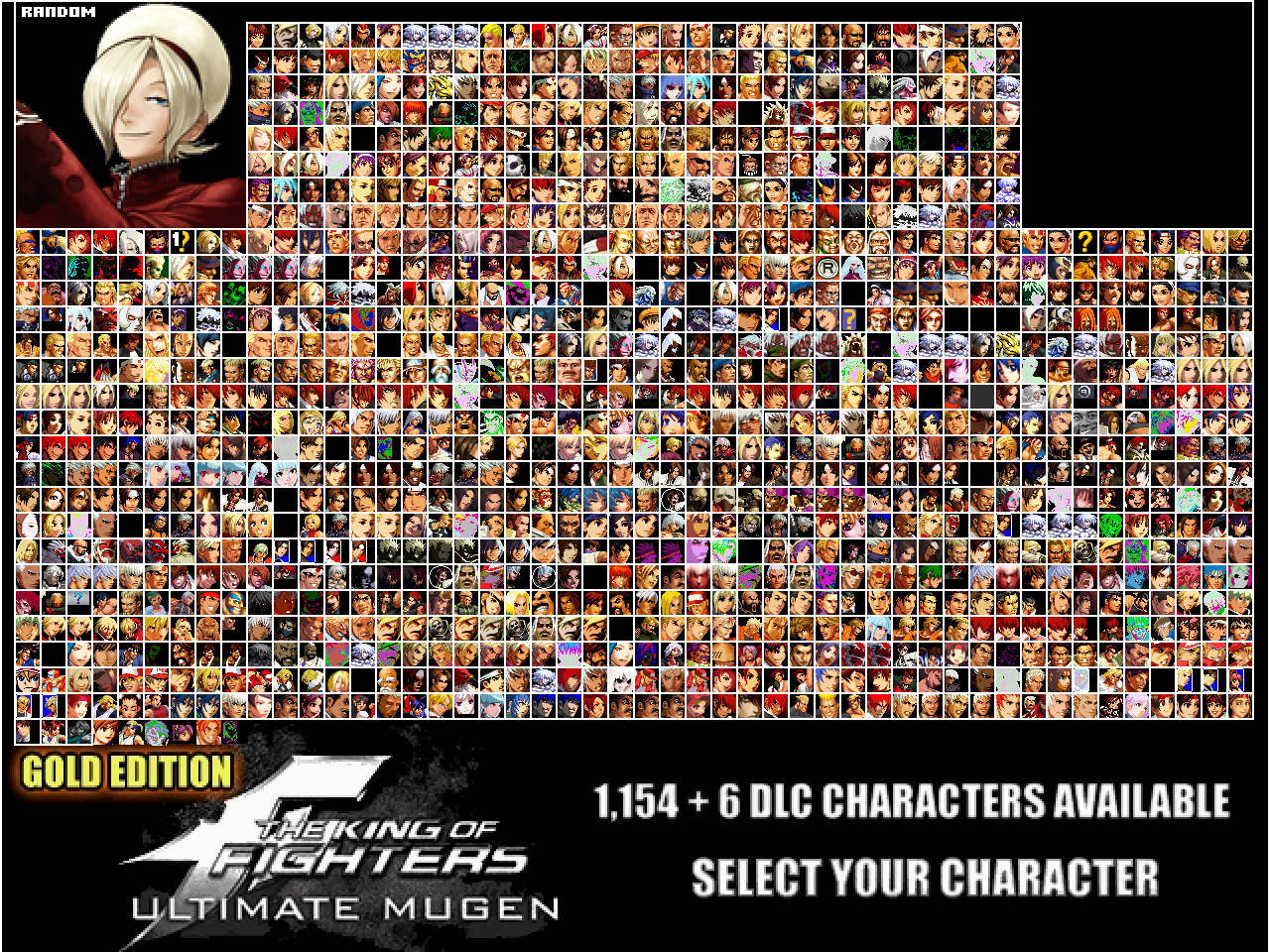

The first shot was fired by a character designer who goes by “Ironcommando” with the release of “A-Bomb” in 2008. You’re not meant to be able to play against them at all, let alone win. But a cheapie takes things to a whole different level. A Ronald McDonald edit named “Dark Donald” is one of the most notorious, as is the dreaded “Omega Tom Hanks,” who can fill the screen with damaging DVDs of the actor’s famous films. And there are plenty of MUGEN characters that fit that description. Give them powerful, fast, far-reaching attacks and let them cook. It’s pretty easy to make a strong character in a fighting game. The community has a name for these creations: “cheapies.” You know when you’re arguing “who would win” there’s always someone who tries to bend the rules to get the outcome they want? MUGEN gives these folks their time to shine by letting them make increasingly overpowered characters that can lay waste to your everyday Kung Fu Man without breaking a sweat.

Prepare yourself for Polygon's Who Would Win Week. One eternal question spans all of pop culture: "Who would win?" This week we have answers. Caillou? There are like eight different versions of Caillou. Tens of thousands of MUGEN characters exist, spanning every franchise you can think of. With a few free downloads, you can have Peter Griffin face off against Jake from Avatar, or Jake from Adventure Time, or Jake from State Farm. That’s because MUGEN isn’t exactly a game - it’s a construction kit for fighting games, assembling tools to create characters from the ground up. But when you start it up, you discover that the game only has one character: a nondescript martial artist named Kung Fu Man. While most “who would win” battles take place in the unfettered realm of the imagination, in 1999 a group of anonymous software developers released a little program called MUGEN that lets you make them a little more real.Īt first glance, MUGEN looks like one of the zillions of lousy Street Fighter 2 ripoffs that clogged arcades in the 1990s.


 0 kommentar(er)
0 kommentar(er)
